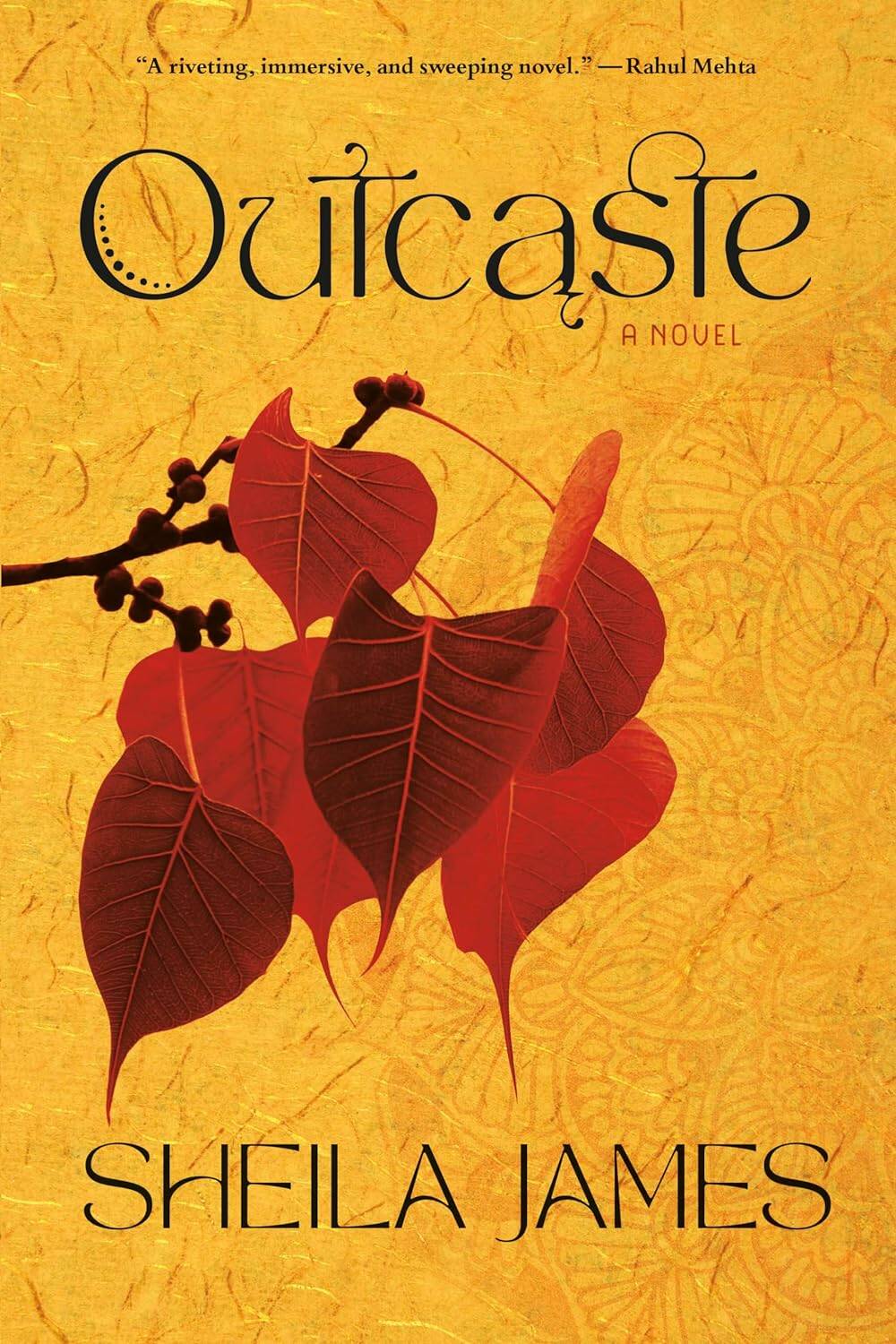Indian caste system, independence at core of deft debut
Advertisement
Read this article for free:
or
Already have an account? Log in here »
To continue reading, please subscribe:
Monthly Digital Subscription
$0 for the first 4 weeks*
- Enjoy unlimited reading on winnipegfreepress.com
- Read the E-Edition, our digital replica newspaper
- Access News Break, our award-winning app
- Play interactive puzzles
*No charge for 4 weeks then price increases to the regular rate of $19.00 plus GST every four weeks. Offer available to new and qualified returning subscribers only. Cancel any time.
Monthly Digital Subscription
$4.75/week*
- Enjoy unlimited reading on winnipegfreepress.com
- Read the E-Edition, our digital replica newspaper
- Access News Break, our award-winning app
- Play interactive puzzles
*Billed as $19 plus GST every four weeks. Cancel any time.
To continue reading, please subscribe:
Add Free Press access to your Brandon Sun subscription for only an additional
$1 for the first 4 weeks*
*Your next subscription payment will increase by $1.00 and you will be charged $16.99 plus GST for four weeks. After four weeks, your payment will increase to $23.99 plus GST every four weeks.
Read unlimited articles for free today:
or
Already have an account? Log in here »
Hey there, time traveller!
This article was published 29/06/2024 (507 days ago), so information in it may no longer be current.
Family secrets, political intrigue and history come together in this compelling novel about India’s devastating caste system and long battle for independence from Britain.
Debut novelist Sheila James was born in the United Kingdom but raised in Nova Scotia by parents who hailed from Telangana and Andhra Pradesh, India.
James’ heritage, family history and research inspired much of the novel; her commitment to her subject shows in her richly developed characters and convincing depictions of historical and modern India.

Outcaste
Like Shilpi Somaya Gowda, another Canadian novelist of Indian heritage, James excels at examining history through modern views of class, gender and culture.
James opens her novel with a striking prologue in rural India in 1952.
Malika, a peasant girl turned communist resistance fighter, is hiding by the road preparing to assassinate the new Indian government’s representative for her village.
But she recognizes the man in the car and hesitates. It’s Rayappa, a friend and mentor she met five years earlier in the village of Korampally, then ruled by the powerful Reddy family.
The novel then shifts to 1997 Toronto. Rayappa, now 70 years old and going by the Anglicized name Irwin, has just been released from a mental-health facility.
Reluctantly returning to his daughter’s home, Rayappa finds a strange letter waiting for him. It’s from the Reddy family, asking for any information on Malika.
Faced with his family’s curiosity and his own urge to finally heal, Rayappa decides to take his family back to Korampally.
“For the longest time, Irwin wanted to forget. He had hoped his electroconvulsive therapy treatment would blast his memory and leave him a vegetable… now he longs to remember,” James writes.
As the family attempts to heal painful rifts that they’ve ignored for decades, they reflect on India’s turbulent history and the roles Rayappa and Malika played in shaping the country.
James perfectly balances multiple narratives, mostly from Rayappa or Malika, but also other family members and villagers.
While James justifiably criticizes the effect of colonialism on India, she also matter-of-factly portrays the stigma and limitations of India’s feudal and caste systems.
Malika and Rayappa are members of the Dalits or “untouchable” caste. Malika converted to Islam and Rayappa to Christianity in hopes of better opportunities, but continued to face discrimination.
Malika, who became Muslim, was forced to clean the latrines of the landlord’s mansion, while her mother worked as a prostitute to feed the family — ironic for a woman deemed “untouchable.”
Rayappa’s conversion to Christianity, his education and his prestigious job bring him wealth and an eligible bride. But clerks and servants still refuse to hand him things directly, and even fellow Canadian immigrants look down on him.
A novel about India’s independence couldn’t avoid mention of Gandhi. But James refrains from too much praise.
She portrays Gandhi as Malika and Rayappa may have seen him: well-intentioned but somewhat condescending.
Rayappa becomes annoyed after hearing Gandhi lecture a group of untouchables on proper hygiene. He reflects on Gandhi’s time spent with the caste and doubts Gandhi’s commitment: “Rayappa knew that Gandhi had cleaned the latrines, but did he eat the food they served? Some (untouchables) ate carrion when no other food was available. Rayappa knew Gandhi was vegetarian and would not go so far just to gain respect from and admittance to this tribe.”
Outcaste isn’t a light summer read, but it’s absolutely worthwhile.
Kathryne Cardwell is a writer and settler in Treaty One Territory.

